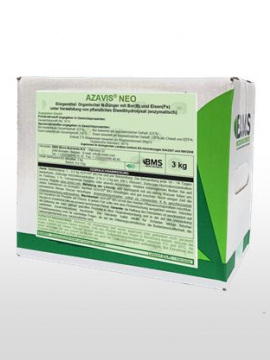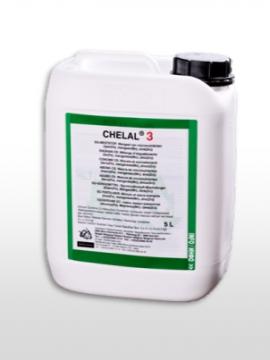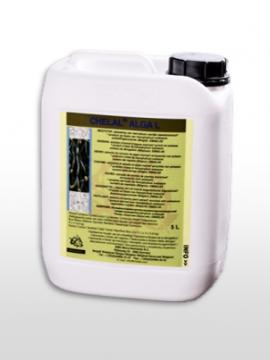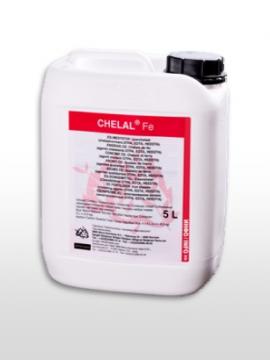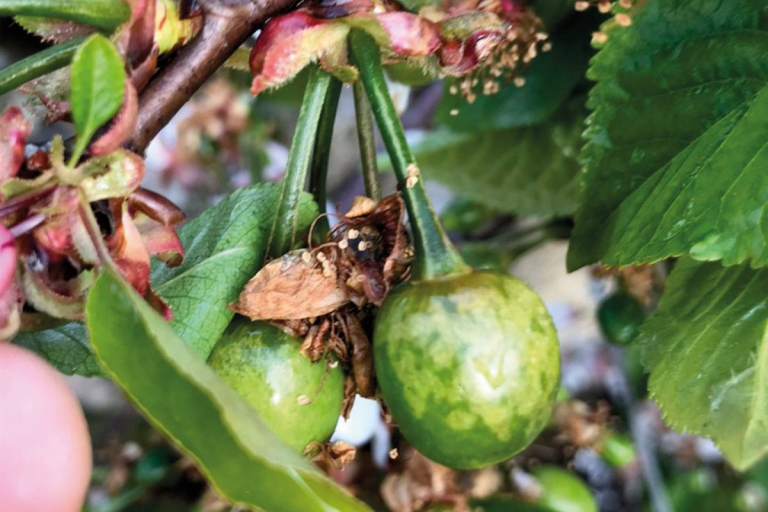You are here

Asparagus
Moderate to high sensitivity to the deficiency of: B
Low to moderately sensitivity to the deficiency of: Mg, Fe, Zn
(the sensitivity to the deficiencies of these nutrients can vary in function of the variety)
The asparagus production depends mainly:
- on the strength of the rhizomes
- on the reserves of the rhizomes.
In its turn this depends very much on the health and the nutritional condition of the crop during the previous system.
Marco - elements
Asparagus is not specifically known for its high demands on fertilizers, but it is mostly grown on light soils which are generally poorer in nutrients.
Foliar applications with for example Kappa V or Kappa G:
- can compensate the low soil fertility
- can supplement insufficient supply of Nitrogen, Phosphorous and Potash.
Meso - elements
On these light soils magnesium deficiency is also frequent. On plots with high potash fertilization the risk is even higher. Magnesium is part of the chlorophyll and keeps the photosynthesis at an optimum level. Magnesium can applied to the crop with Chelal Mg or Fructol NF, a product rich in Magnesium.
Micro - elements
Boron: Of all the trace elements, boron is the most important one for asparagus. Boron plays an important roll in the cell division, with the formation of new shoots. Deficiency will not only reduce the amount of shoots but will also influence the quality of the shoots (deformation, cracks on the stems, ….). Thanks to the fact that the crop can store Boron during the winter in its rhizomes, this element can be applied preventively during the summer, guaranteeing an optimal shoot formation in spring. If no summer application was done, Chelal B can still be applied in the spring, from the moment the metabolism of the plant (rhizomes) starts off again.
Zinc: Zinc is an other important trace element. It intervenes in the juvenile growth of the plant and thus it is important at the beginning of the growth cycle every year. Chelal Zn can be applied to the soil in spring to assure an optimal start of the season.
